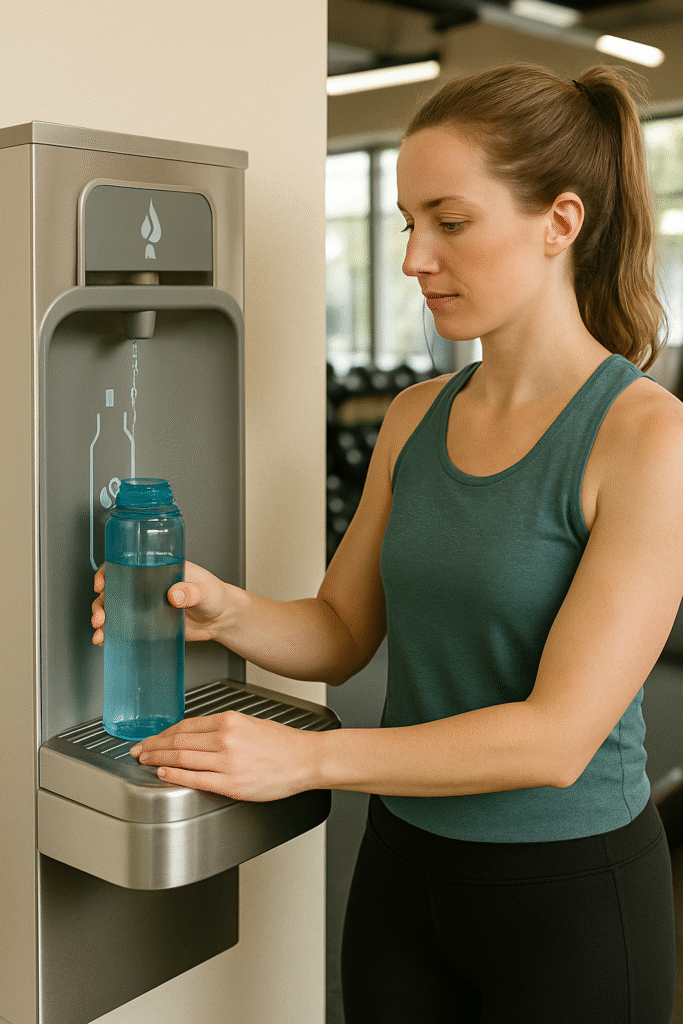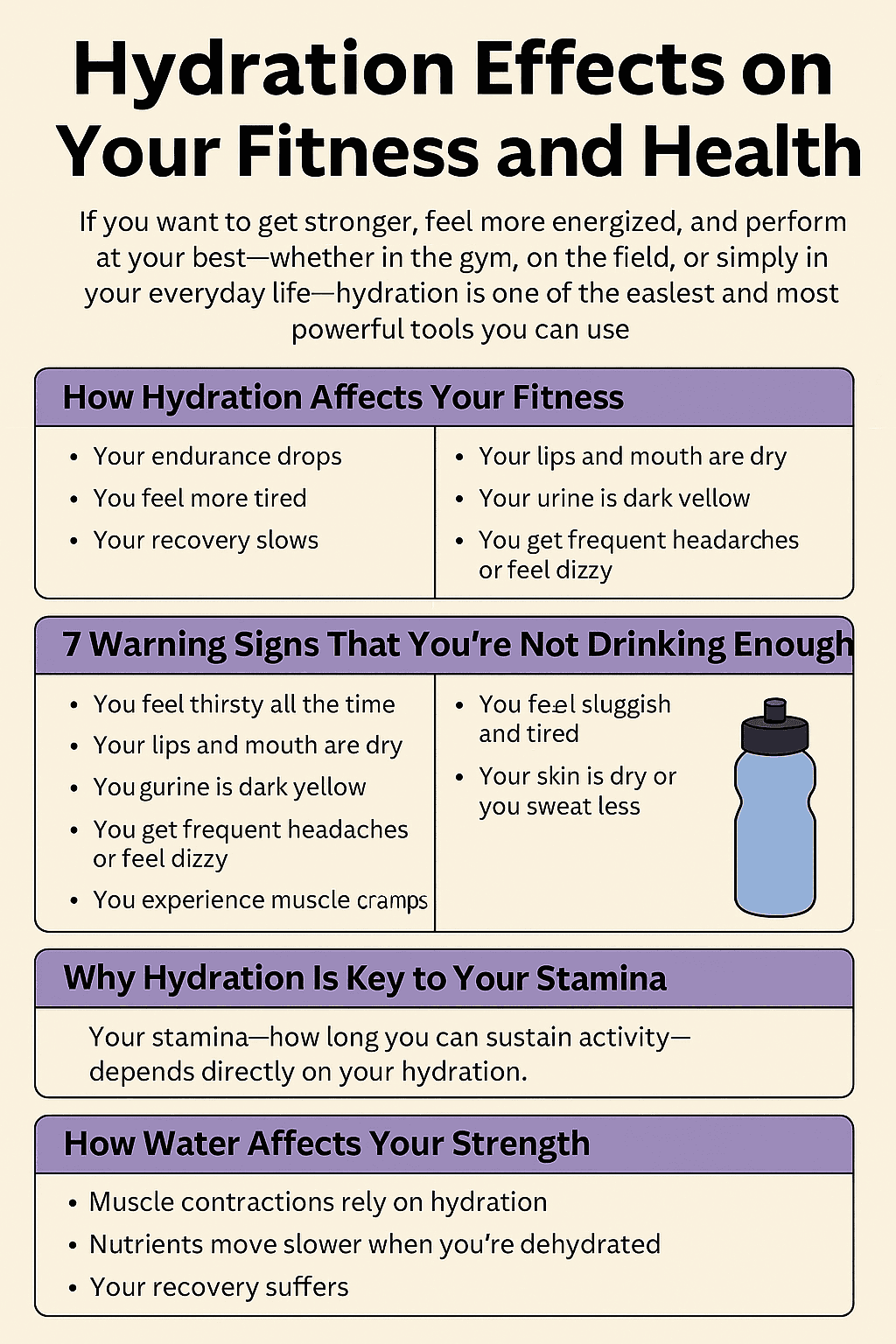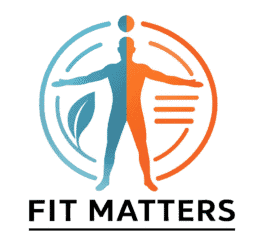Hydration Effects on Your Fitness and Health
If you want to get stronger, feel more energized, and perform at your best—whether in the gym, on the field, or simply in your everyday life—hydration is one of the easiest and most powerful tools you can use. Too often, you may think about supplements, protein powders, or the perfect workout program, but overlook something as basic as water.
Proper hydration plays a vital role in exercise performance, recovery, and overall health. According to the Centers for Disease Control and Prevention, choosing plain water as your primary beverage helps support hydration needs without added sugars, making it an essential part of a healthy fitness routine.
The truth is: your hydration habits can make or break your health and fitness progress. Every single cell in your body depends on water. If you’re not drinking enough, you’ll feel it in your energy levels, your stamina, and even how defined your muscles look. On the other hand, when you stay properly hydrated, you give your body the foundation it needs to perform, recover, and thrive.
In this guide, you’ll discover exactly how hydration impacts your fitness, stamina, and strength. You’ll also learn the warning signs of dehydration, the best times and amounts to drink, and how water even affects the way your body looks.

How Hydration Affects Your Fitness
Think about your workouts. When you start sweating, your body isn’t just losing water, it’s also losing electrolytes that keep your muscles contracting properly. If you don’t replace these fluids, your performance starts to drop.
Here’s how dehydration can sneak into your workouts:
- Your endurance drops. Even being slightly dehydrated can make your runs feel harder and shorten how long you can keep going.
- You feel more tired. Without enough water, your blood volume decreases, which forces your heart to work harder to pump oxygen. That’s why you feel drained faster.
- Your recovery slows. Water helps transport nutrients like amino acids and glucose to your muscles. Without it, your recovery after a tough session takes longer.
- You overheat more easily. Sweat is your natural cooling system. If you’re low on fluids, you can’t regulate your temperature as effectively, which puts you at risk for heat exhaustion.
When you stay hydrated, your body circulates oxygen and nutrients much more efficiently. You’ll notice that you can push harder, bounce back faster, and feel more in control during your workouts.
How Hydration Impacts Your Everyday Health
Hydration isn’t just about exercise. Your health in daily life also depends heavily on how much water you drink. Here’s what proper hydration does for you:
- Supports digestion. Water helps break food and absorb nutrients. If you’re dehydrated, you’re more likely to feel bloated or constipated.
- Keeps your kidneys working. Your kidneys filter waste from your blood, and they need water to do it. Chronic dehydration raises your risk of kidney stones.
- Protect your joints. Water lubricates your joints, keeping them flexible and less prone to pain.
- Balance your body temperature. Whether you’re sitting at your desk or walking outside in the summer heat, hydration helps you stay comfortable and avoid overheating.
If you don’t stay on top of hydration, your health can suffer quietly over time. Issues like frequent headaches, fatigue, or dry skin often trace back to not drinking enough water. Long-term, the risks can become more serious, ranging from urinary infections to cardiovascular strain.
7 Warning Signs That You’re Not Drinking Enough
Your body is smart. It will give you signals when you’re not drinking enough—but you have to pay attention. Here are seven common red flags:
- You feel thirsty all the time. Thirst means you’re already behind.
- Your lips and mouth are dry. This is an early sign that you need to rehydrate.
- Your urine is dark yellow. Pale or light straw-colored urine usually means you’re hydrated; darker colors are a warning sign.
- You get frequent headaches or feel dizzy. Low fluid levels reduce blood flow to your brain.
- You experience muscle cramps. Without enough water, your muscles can’t relax properly.
- You feel sluggish and tired. Dehydration zaps your energy and motivation.
- Your skin is dry, or you sweat less. Both are signs that your body is conserving water.
If you notice two or more of these symptoms, it’s time to grab some water immediately.
Why Hydration Is Key to Your Stamina
Your stamina, how long you can sustain activity—depends directly on your hydration. When you’re dehydrated, your blood volume drops. This forces your heart to pump harder, which makes you feel like your body is working overtime.
That’s why a long run or even a moderate hike feels exhausting when you haven’t had enough water. By drinking steadily throughout the day and before activity, you help your heart and muscles work together efficiently. This means you’ll not only last longer but also recover faster, letting you train consistently without burnout.
How Water Affects Your Strength
Strength isn’t just about lifting heavy—it’s about how effectively your muscles contract. Water plays a huge role in muscle function.
- Muscle contractions rely on hydration. Water helps transport electrolytes like sodium and potassium, which trigger muscle contractions. Without enough, your muscles can’t fire as strongly.
- Nutrients move slower when you’re dehydrated. Protein, carbs, and other nutrients need water to get delivered into your cells.
- Your recovery suffers. If you’re dehydrated, your muscles repair themselves slower, which means your next workout feels weaker.
In short: if you want to lift heavier, build strength, and recover faster, hydration is as important as your protein intake.
Why You Shouldn’t Chug Water After Exercise
After a tough workout, you may feel the urge to down an entire bottle of water in one go. While it feels good in the moment, drinking too much too quickly can actually backfire.
Here’s why:
- You may end up with bloating and stomach cramps.
- Drinking too fast dilutes your electrolytes, which throws off your balance.
- In rare cases, drinking huge amounts quickly can cause hyponatremia—a dangerous drop in sodium levels.
Instead, sip water slowly and consistently after exercise. If you’ve sweated a lot, reach for something with electrolytes, like coconut water or a sports drink, to replace what you’ve lost.
How Much Water You Really Need
Your water needs depend on your body, your environment, and how much exercise. But here are some practical guidelines you can follow:
- Before exercise: Drink about 16–20 ounces (2–3 cups) of water two to three hours beforehand.
- During exercise: Aim for 7–10 ounces every 10–20 minutes if you’re sweating.
- After exercise: Drink 16–24 ounces of water for every pound of body weight lost through sweat.
If you’re training in hot weather, sweating heavily, or doing long endurance sessions, you’ll need more than this. Listen to your body, check your urine color, and keep fluids nearby. Staying properly hydrated helps regulate body temperature, transport nutrients, and maintain physical performance during workouts. The Mayo Clinic explains that daily water needs vary based on activity level, climate, and individual health, but drinking fluids consistently throughout the day is key to supporting both exercise and recovery.
Does Hydration Really Change the Way Your Muscles Look?
Yes—it does. If you’ve ever noticed your muscles looking “flat” after a night of heavy sweating or not enough water, that’s dehydration at work. Water is stored in your muscles along with glycogen, and when you’re well hydrated, your muscles look fuller and more defined.
On the flip side, dehydration can make your muscles appear smaller and less toned. Proper hydration also prevents your body from holding onto excess water in the wrong places, which can make you look puffy. So if you’re chasing muscle definition, don’t underestimate the power of simply drinking enough water.
Making Hydration a Habit
The best results come when hydration becomes second nature. Here are a few simple habits you can start using today:
- Carry a refillable water bottle everywhere you go.
- Start your morning with a glass of water before coffee.
- Drink a full glass before every meal.
- Set reminders on your phone if you tend to forget.
- Flavor your water with lemon, cucumber, or berries if you need variety.
Final Thoughts
Hydration isn’t just about quenching your thirst. It’s about giving your body the fuel it needs to thrive. From powering your workouts and boosting stamina to protecting your health and even making your muscles look more defined, water truly is your body’s ultimate performance enhancer.
When you make hydration a daily priority, you’ll notice the difference in your energy, your workouts, and your long-term health. So the next time you pick up your gym bag, remember: your water bottle is just as important as your sneakers or your workout plan.
Drink up—your body, your fitness, and your future self will thank you.

